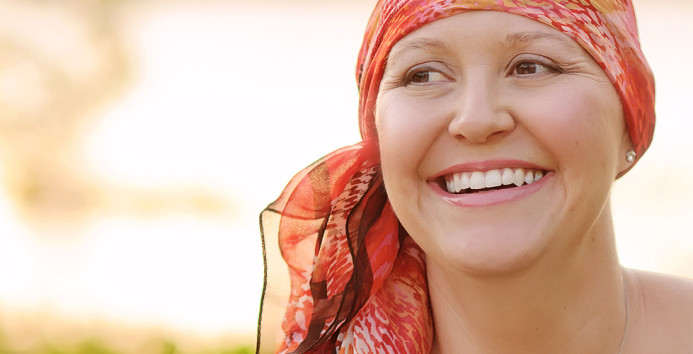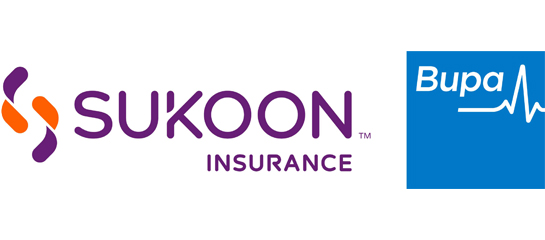Our top tips to help lower breast cancer risks
While breast cancer can affect anyone, certain lifestyle changes may help reduce the risk. This article explores practical steps, from healthy eating to regular screenings, to support long-term wellbeing.

While breast cancer might seem worrying to many women, thanks to today’s advanced research and treatment, the survival rates are extremely high. In fact, if diagnosed early, the five-year survival rate1 for women with non-metastatic invasive breast cancer is 90%. What’s even more reassuring is that by making a few simple changes to your diet and lifestyle you can significantly lower your risk of breast cancer.
So, what changes can make the biggest difference? We have put together our top 4 tips to help protect your breast health.
Lead a healthy lifestyle
One of the best things you can do to reduce your risk of breast cancer is to maintain a healthy weight. Reports2 show sufficient evidence that excess body fat and weight gain can cause cancers of the female breast, specifically after menopause. One way to control weight is to look at your diet – are you eating too many processed meats, sugar-sweetened beverages or food high in saturated fats? Eating a variety of dark green vegetables, fibre-rich legumes such as beans and peas, and whole fruit with vibrant colours have also been recommended2 to help balance weight and help reduce your risk of breast cancer. In addition, also make a few changes to your lifestyle – try to quit smoking and reduce your alcohol intake.
Increase physical activity
If you are leading a slightly more sedentary life, you might want to look at boosting your exercise routine to help reduce your risk of breast cancer. There is a link3 between regular exercise and a lower risk of being diagnosed with breast cancer, or breast cancer potentially reoccurring later in life. As per the guidelines2, adults should engage in at least 2.5-5 hrs of moderate-intensity physical activity per week or 1.5-2.5 hrs of vigorous-intensity physical activity. This could include anything from brisk walking, running, swimming or tennis. The greater the diversity of exercise the better!
Get screened regularly
A regular mammogram is one of the most important ways to reduce your risk of breast cancer. While mammograms do not prevent cancer, they can help locate cancer early when it’s most treatable. For most women, regular mammograms can begin at age 40, but specific recommendations5 vary by age and risk (40-54 – yearly mammograms, 55 and over – recommended every other year). You can also check your own breasts regularly and tell a healthcare provider right away if you notice any changes in how your breasts look or feel. Breast cancer symptoms can include anything from a change in shape, feeling hard lumps or noticing any swelling or rashes on the surrounding skin.
Improve your sleep
Sleep is a vital, often neglected, component of our overall health and well-being. It enables our body to repair, reset and be ready for another day, so it’s no surprise it can also help prevent health issues. In fact, disordered sleep or sleep deprivation (less than 7 hours per night) has actually been associated with a higher cancer risk as well as obesity, overeating, and related metabolic syndrome - a known risk4 factor for several cancers. To improve your sleep, try to stick to the same bedtime schedule, reduce screen time (blue light exposure) before bed, limit your caffeine intake throughout the day, avoid going to bed on a full stomach and optimise your room environment (setting the right AC temperature and installing blackout blinds).
- Cancer.net (https://www.cancer.net/cancer-types/breast-cancer/statistics), last accessed in July 2024
- American Cancer Society (https://acsjournals.onlinelibrary.wiley.com/doi/full/10.3322/caac.21591), last accessed in July 2024
- Breastcancer.org (https://www.breastcancer.org/research-news/exercise-reduces-risk-if-continued), last accessed in July 2024
- Cancer.org (https://www.cancer.org/healthy/eat-healthy-get-active/acs-guidelines-nutrition-physical-activity-cancer-prevention/common-questions.html), last accessed in July 2024
- Cancer.org (https://www.cancer.org/cancer/types/breast-cancer/screening-tests-and-early-detection/american-cancer-society-recommendations-for-the-early-detection-of-breast-cancer.html), last accessed in July 2024







